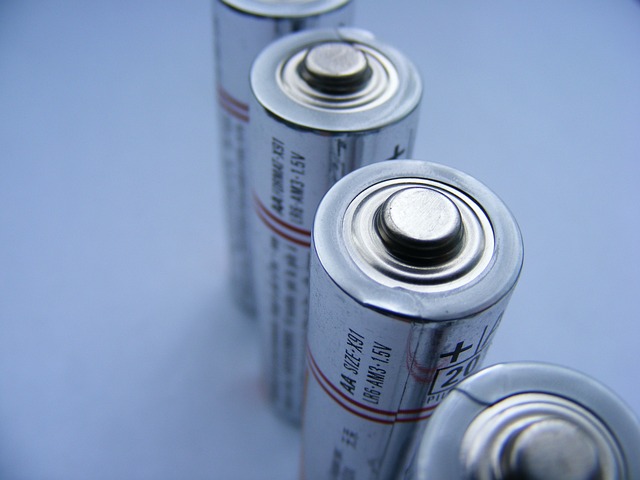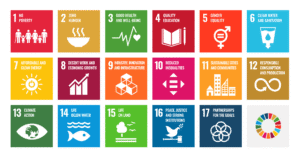
India’s ambitious green goals have put the country on a path toward a sustainable future. The government has set a target to achieve 175 GW of renewable energy by 2022 and reduce carbon emissions by 33-35% by 2030. Achieving these targets requires a significant shift towards clean energy sources and sustainable practices, including battery recycling.
In this blog, we’ll explore why battery recycling is key to India’s green goals. We’ll delve into the challenges and solutions for sustainable battery recycling, and we’ll answer some common questions about the topic.
Why Battery Recycling is Key to India’s Green Goals:
Battery recycling is an essential component of India’s green goals for several reasons:
Reducing Environmental Impact
Batteries contain hazardous materials like lead, cadmium, and mercury, which can harm the environment if not disposed of properly. Recycling batteries reduces the amount of hazardous waste in landfills, water bodies, and air, thereby minimizing environmental damage.
Conserving Natural Resources
Batteries contain valuable metals like lithium, cobalt, and nickel, which can be recovered and reused in new batteries. Recycling batteries conserve these natural resources and reduce the need for mining and extraction, which can be environmentally damaging.
Supporting the Circular Economy
Battery recycling supports the circular economy, where waste is minimized, and resources are used efficiently. By recycling batteries, India can create a closed-loop system where old batteries are reused to make new batteries, reducing the need for fresh materials.
Challenges
While battery recycling has several benefits, it also poses some challenges:
Lack of Awareness
Many people are not aware of the importance of battery recycling, and they dispose of batteries in regular waste, leading to environmental damage.
Limited Infrastructure
India has limited infrastructure for recycling, and the few facilities that exist are often inadequate to handle the country’s growing battery waste.
Technological Limitations
Recycling some types of batteries, like lithium-ion batteries, can be challenging due to the complexity of the materials involved.
Solutions for Sustainable Battery Recycling:
To overcome the challenges of recycling, India can adopt several solutions:
Creating Awareness
The government can launch awareness campaigns to educate people about the importance of batteries recycling and encourage them to dispose of batteries responsibly.
Investing in Infrastructure
India can invest in building more recycling facilities and upgrading existing ones to handle the growing volume of battery waste.
Promoting Research and Innovation
India can support research and innovation in recycling technologies to overcome technological limitations and improve the efficiency of battery recycling.
Conclusion
Batteries recycling is key to India’s green goals, and it presents an opportunity for the country to reduce environmental damage, conserve natural resources, and support the circular economy. While recycling poses some challenges, they can be overcome by creating awareness, investing in infrastructure, and promoting research and innovation.
Read Next Blog:
Electric Vehicle Companies in India
FAQs
No, not all types of batteries can be recycled. Some batteries, like alkaline batteries, are not cost-effective to recycle, while others, like lead-acid batteries, are highly recyclable.
India generates around 1,20,000 tonnes of battery waste every year, and the volume is expected to grow as the country’s demand for batteries increases.
Recycled batteries are broken down into their constituent materials, which are then reused to make new batteries or other products.







